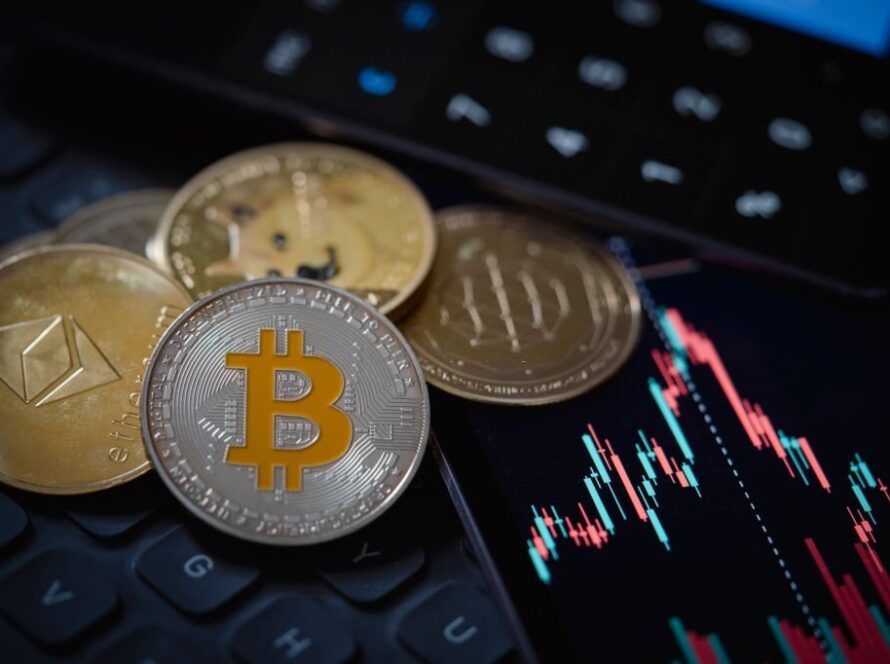Gold has been a valuable and coveted asset for centuries. Its unique properties as a store of value and medium of exchange have made it a favorite of investors and central banks alike. However, with the changing global economy and the rise of new technologies and financial instruments, the future of gold is uncertain. In this blog post, we will explore the potential role of gold in a changing global economy.
The Historical Role of Gold
Gold has been used as a currency and store of value for thousands of years. Its rarity, durability, and malleability make it a valuable commodity that is universally recognized and accepted. In the past, gold was used to back the currencies of many countries, and it played a vital role in international trade.
However, over time, the use of gold as a currency declined, and it was replaced by paper money backed by the government’s credit. Today, gold is primarily used as a store of value and a hedge against inflation and economic instability.
The Changing Global Economy
The global economy is rapidly changing, driven by technological advancements, demographic shifts, and geopolitical events. The rise of digital currencies, the growth of emerging markets, and the increasing importance of environmental and social factors are all shaping the future of the global economy.
In this context, the role of gold is evolving. While it remains an essential asset for many investors and central banks, its future is uncertain. Here are some potential scenarios for the future of gold:
The Continued Importance of Gold
Despite the changes in the global economy, gold may continue to play a crucial role as a store of value and a safe haven asset. In times of economic instability and uncertainty, investors and central banks may turn to gold as a hedge against inflation and currency fluctuations.
In this scenario, gold may remain an essential asset for investors and central banks, and its value may continue to rise over time.
Competition from Digital Currencies
The rise of digital currencies, such as Bitcoin and Ethereum, may pose a significant challenge to gold’s role as a store of value. Digital currencies offer many of the same benefits as gold, such as scarcity and universality, but they are also more convenient and easier to trade.
In this scenario, gold may face increased competition from digital currencies, and its value may decline over time.
Environmental and Social Concerns
The environmental and social impact of gold mining and production is a growing concern for many investors and consumers. The use of mercury and other toxic chemicals in gold mining has led to widespread environmental degradation and human rights abuses.
In this scenario, the demand for ethically sourced gold may increase, and the value of non-ethically sourced gold may decline.
The Rise of Emerging Markets
The growth of emerging markets, particularly in Asia and Africa, may drive the demand for gold as a store of value and a symbol of wealth and prestige. As more people in these regions enter the middle class, the demand for gold jewelry and other gold products may increase.
In this scenario, the demand for gold may continue to rise, particularly in emerging markets, and its value may remain stable or increase over time.
Conclusion
The future of gold is uncertain, and its role in a changing global economy is evolving. While it remains an essential asset for many investors and central banks, its value may be affected by a range of factors, including the rise of digital currencies, environmental and social concerns, and the growth of emerging markets.
As investors, it is important to consider these factors when making investment decisions and to diversify our portfolios accordingly. Whether gold remains a valuable asset in the future or not, its unique properties and historical significance make it a fascinating subject for analysis and discussion.




